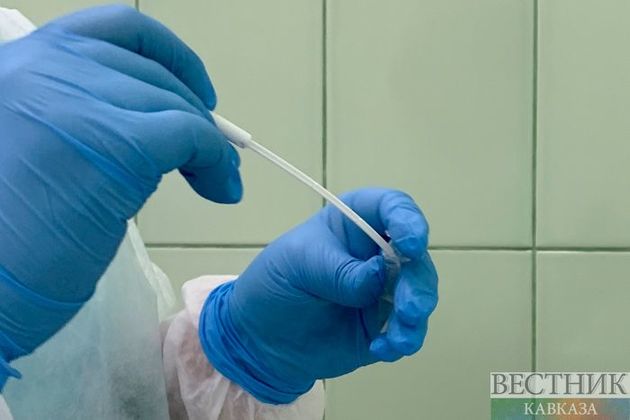A team of Boston University researchers—hailing from BU's National Emerging Infectious Diseases Laboratories (NEIDL), the Center for Regenerative Medicine (CReM) at BU's Medical Campus, and BU's Center for Network Systems Biology (CNSB)—embarked on a months-long, collaborative and interdisciplinary quest, combining multiple areas of expertise in virology, stem cell-derived lung tissue engineering, and deep molecular sequencing, MedicalXpress informs.
"What makes this research unusual is that we looked at very early time points [of infection], at just one hour after the virus infects lung cells. It was scary to see that the virus already starts to damage the cells so early during infection," says Elke Mühlberger, one of the study's senior investigators and a virologist at BU's NEIDL.
"The most striking aspect is how many molecular pathways are impacted by the virus," says Andrew Emili, another of the study's senior investigators, and the director of BU's CNSB, which specializes in proteomics and deep sequencing of molecular interactions, MedicalXpress reports.






